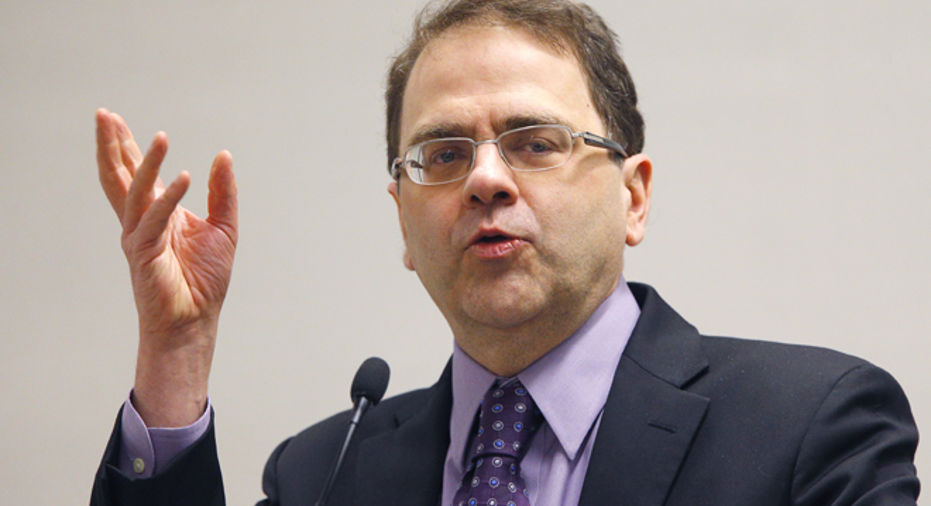Kocherlakota Warns of Perils of Low Inflation

The Federal Reserve is allowing the American economy to waste "lots of resources" by letting inflation stay too low and unemployment stay too high, a top Fed official said on Tuesday, exhorting his fellow policymakers to do more.
"We need to do better as a committee," said Narayana Kocherlakota, president of the Minneapolis Federal Reserve, referring to the Fed's policy-setting panel.
Inflation, which is running near 1 percent, is "too low" and does not look likely to rise back to the Fed's 2 percent goal for another four years, said Kocherlakota, in remarks prepared for delivery to the Rochester Area Chamber of Commerce.
"Low inflation in the United States tells us that resources are being wasted," he said, including the productive potential of Americans who cannot get jobs because demand for goods and services is so low.
And while unemployment has fallen from the recession-era high of 10 percent, "the U.S. labor market is far from healthy," he said.
Indeed, the current unemployment rate of 6.7 percent probably overstates the health of the labor market, he said, because it does not count those who have given up looking for work or those who are working part time but who would rather work full time.
Longer term, he said, unemployment should fall to just over 5 percent.
"There is still significant underutilization of our country's most important resource -- its people," he said.
Kocherlakota's view that the Fed should do more is no secret: Last month, he cast the lone dissenting vote on the Fed's decision to jettison firm economic guideposts for when it would finally raise interest rates.
The Fed, in his view, should have promised to keep rates near zero until U.S. unemployment falls below 5.5 percent, as long as inflation and financial stability risks are contained.
Instead, the Fed dropped the idea of tying low rates to any specific unemployment figure and said it would factor in a wide range of economic measures as it judged the correct timing for raising rates.
The U.S. central bank has kept rates near zero since December 2008, and most Fed officials believe rates should not rise until sometime next year.
Kocherlakota's dissent marks him as the Fed's most dovish policymaker.
However, Kocherlakota's views on the state of inflation and the labor market are not far removed from those of Fed Chair Janet Yellen, who last week put the spotlight on the plight of the unemployed in a speech in Chicago and said there is still "considerable slack" in the economy.
Kocherlakota cast his talk on Tuesday as a report on the Fed's performance. He did not give any specific suggestions as to what the central bank should do to improve it. But improve it must, he said, "and I look forward to working with my colleagues to make that happen." (Reporting by Ann Saphir; Editing by Leslie Adler)



















